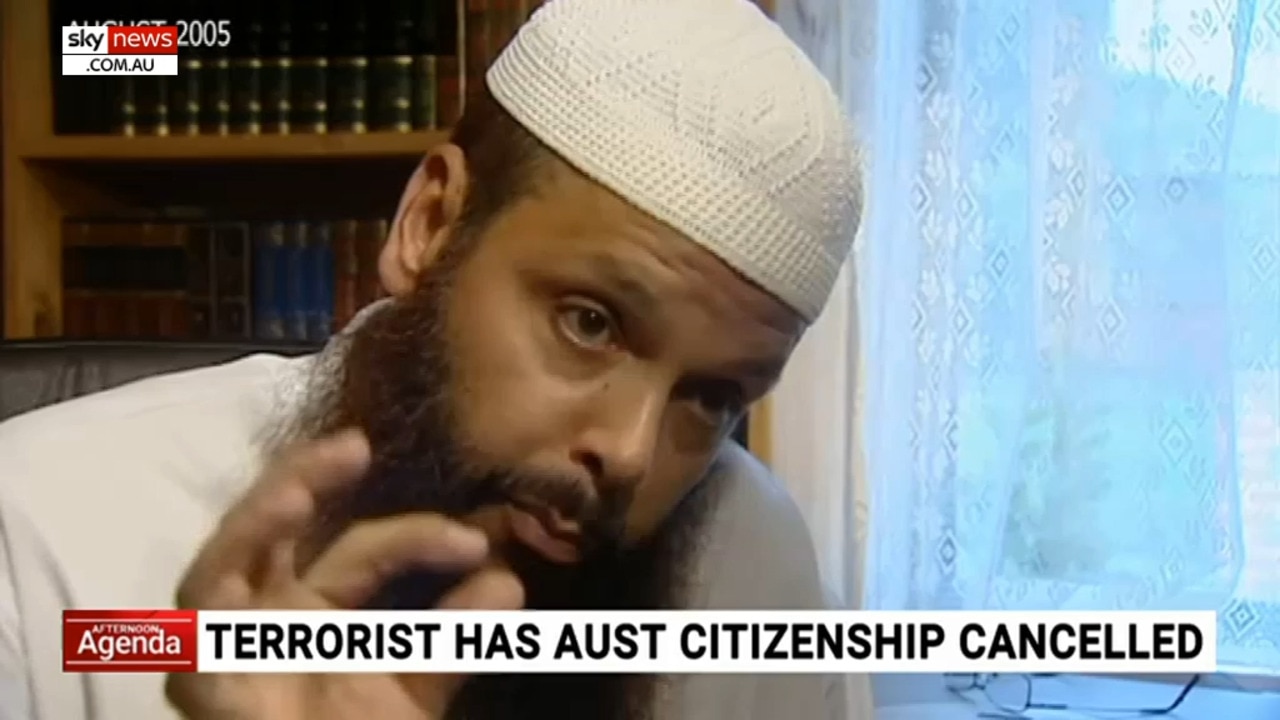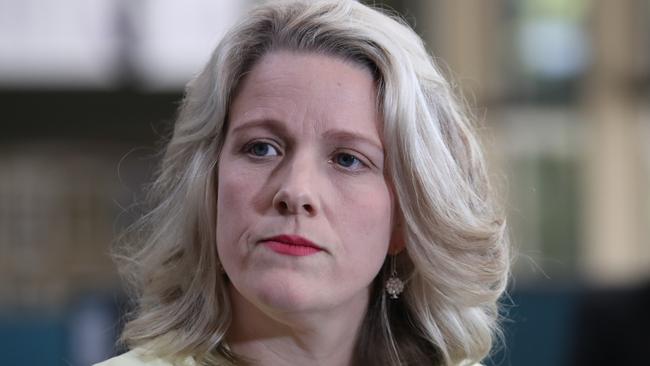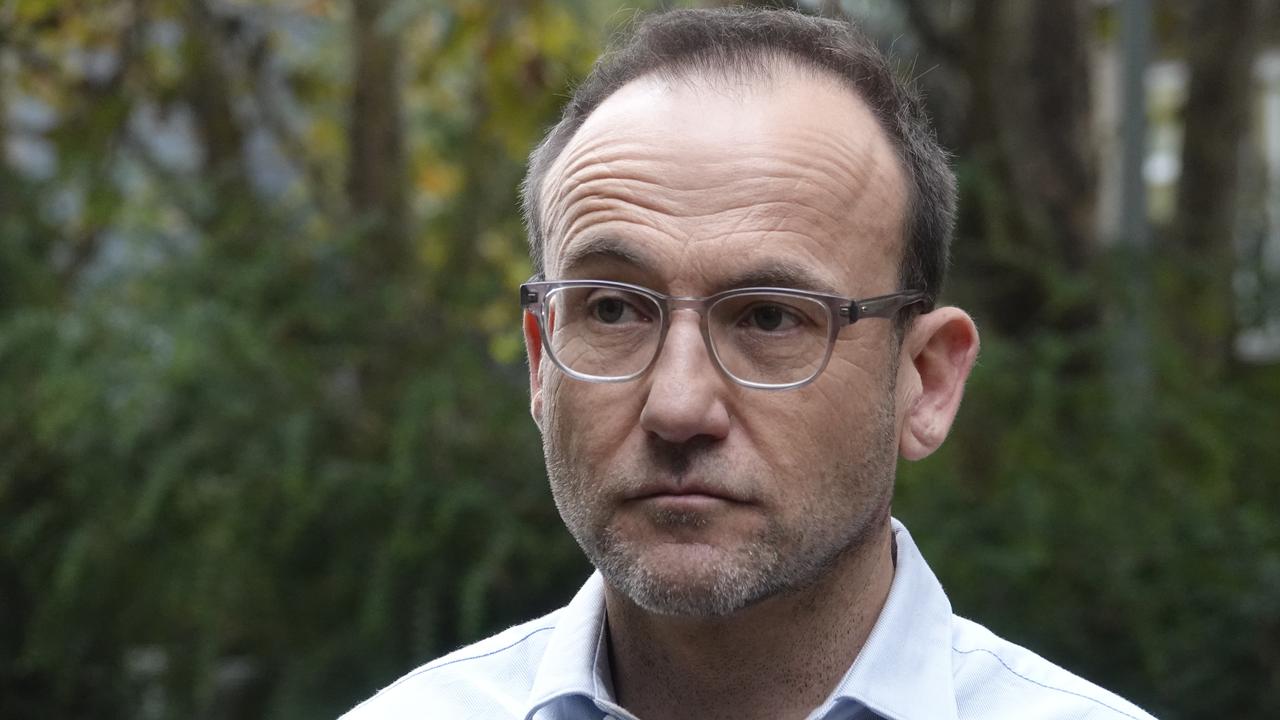Benbrika ruling to define next-generation citizenship laws
Abdul Nacer Benbrika has gone to the nation’s highest court seeking to have his Australian citizenship restored in a case that will define Australia’s next-generation citizenship laws.

Abdul Nacer Benbrika has gone to the nation’s highest court seeking to have his Australian citizenship restored in a case that will define Australia’s next-generation citizenship laws.
Benbrika will argue before the Full Bench of the High Court that the decision to revoke his Australian citizenship in November 2020 was invalid, and his citizenship should be restored.
The ruling of the seven justices of the Full Bench will help define Australia’s next set of citizenship cessation laws, which are currently in limbo after they were struck down by the High Court last year.
Benbrika’s case, and another citizenship cessation challenge launched by another man, were briefly mentioned in the High Court last week, and are slated to go before the Full Bench later this year.

The cases were brought as a result of last year’s ruling by the High Court that laws stripping citizenship from a Turkish-Australian man accused of fighting for ISIS, Delil Alexander, were invalid. The Alexander findings applied specifically to Section 36b of the Australian Citizenship Act 2007, which allowed the Home Affairs Minister to revoke citizenship of a person believed to have committed, but not convicted of, terrorism offences.
Alexander was detained in a prison in the Syrian capital of Damascus at the time and has never been charged in Australia.While the ruling directly applied to only one other, unnamed person, whose citizenship was immediately returned, it fatally wounded the citizenship cessation laws, by ruling the minister had acted in a manner that should be reserved for the judiciary. As many as 20 people who had lost their citizenship, including Melbourne man Neil Prakash, who was in custody in Turkey, had their citizenship restored as a result. A woman held in a secure camp for ISIS families in Syria also had her citizenship returned.
Benbrika’s challenge is different, in that it relates to Section 36d, which applies to those who lost their citizenship after being convicted of terrorism offences in Australia.
The looming Benbrika and second citizenship cases have stalled the Albanese government’s attempts to introduce new citizenship cessation laws, which were promised after the High Court struck down the Coalition-era laws in June last year.
The second man, who is in immigration detention, is not a terrorism offender, and is appealing under a different section of the Act. His citizenship was stripped after he was subsequently convicted of criminal offences that occurred before he was granted Australian citizenship.

In October, Home Affairs Minister Clare O’Neil said new legislation would be introduced that would require a court to make a decision on who would lose citizenship. The laws would also capture those who committed terror acts overseas, but were never convicted.
The government had hoped to pass the legislation last year, but it was held up with the Solicitor-General believed to be waiting for High Court rulings on Benbrika’s matter, and any other citizenship rulings, to be handed down. This could delay the legislation for up to a year.
The legislation had been expected to be retrospective, meaning it could potentially be applied to about 20 people whose citizenship had been revoked since the laws were first introduced in 2015, including Benbrika. He was born in Algeria, but the Algerian Embassy has refused to say if it would accept him. Benbrika remains in jail in Victoria.






To join the conversation, please log in. Don't have an account? Register
Join the conversation, you are commenting as Logout